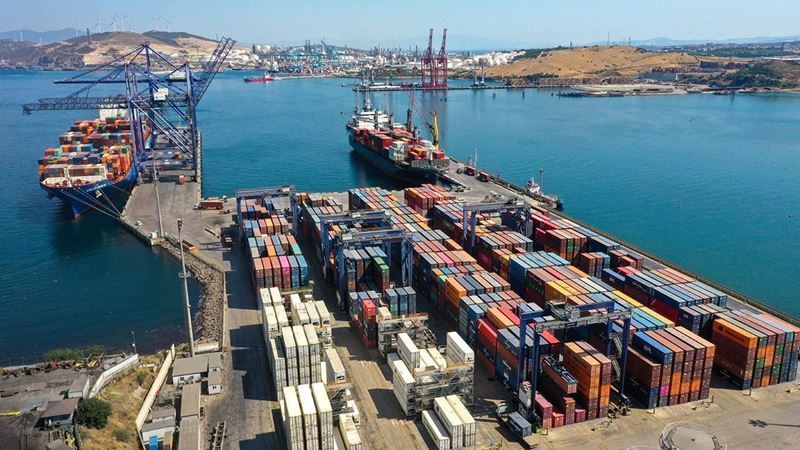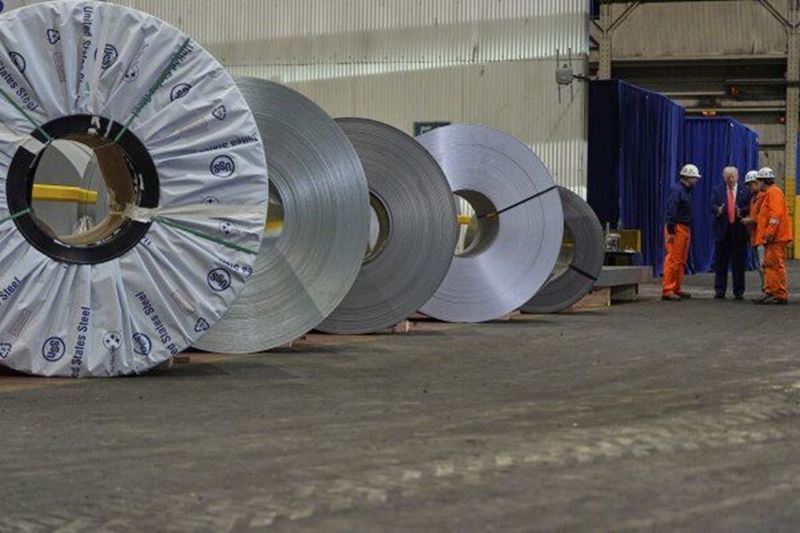The UK’s first carbon capture-enabled cement plant, Padeswood, developed by Heidelberg Materials UK, and Protos at Ellesmere Port, one of the world’s first full-scale carbon capture-enabled waste-to-energy facilities developed by Encyclis, have moved into the construction phase after signing final contracts with the government.
Officials highlighted that cement and waste-to-energy production are carbon-intensive sectors and emphasized that emissions cannot be reduced without carbon capture technology. The Padeswood and Protos projects aim to remove 1.2 million tons of CO2 annually, providing long-term employment and a cleaner future for these sectors. The projects are also expected to serve as a springboard for exporting UK technology and expertise, enhancing the country’s competitive advantage in the global green economy.
These projects represent the first two major investments connected to Eni’s Liverpool Bay Transport and Storage network as part of the HyNet carbon capture cluster, approved by the Prime Minister in April. Under the government’s Modern Industrial Strategy, GBP 9.4 billion has been allocated during this Parliament to support carbon capture.
Energy Minister Michael Shanks stated: “Our clean energy mission means good jobs, regional growth, and investment in local communities. These projects showcase the workforce of North Wales and the North West on the global stage and support the reindustrialization of Britain.”
Welsh Government Minister Jo Stevens added: “We are creating well-paid, highly skilled jobs for the future while turning the UK into a clean energy superpower. These projects will not only generate hundreds of new jobs but also accelerate regional growth, lower energy bills, and strengthen energy security.”
The projects will integrate with HyNet’s network of new and repurposed pipelines. Final investment decisions were made following contracts with the Low Carbon Contracts Company. In addition to the 500 skilled jobs created, the projects will contribute to the 2,800 jobs supported across the HyNet network.
Simon Willis, CEO of Heidelberg Materials UK, said: “Our new facility at Padeswood will capture approximately 800,000 tons of CO2 per year, producing evoZero net-zero cement. This project will decarbonize the UK cement sector while positioning the country as a global leader in CCS technology.”
Mark Burrows-Smith, CEO of Encyclis, added: “We have a once-in-a-generation opportunity to decarbonize waste treatment in the UK. This first full-scale carbon capture application will create new jobs while maintaining essential services for non-recyclable waste.”
Neil McDermott, CEO of the Low Carbon Contracts Company, commented: “These projects exemplify the role CCUS will play in decarbonizing heavy industry and waste-to-energy production.”
Olivia Powis, CEO of the Carbon Capture and Storage Association (CCSA), stated: “World-leading projects like Padeswood and Protos demonstrate that carbon capture is a reliable and scalable solution. These investments will protect the UK’s core industries while providing a competitive edge globally.”
Eni CCUS Holding General Manager Manfredi Giusto emphasized: “The signing of contracts for Padeswood and Protos will contribute to filling Liverpool Bay’s capacity. This development shows that a strong CCS value chain can be established and that the UK can lead on climate goals.”










Comments
No comment yet.